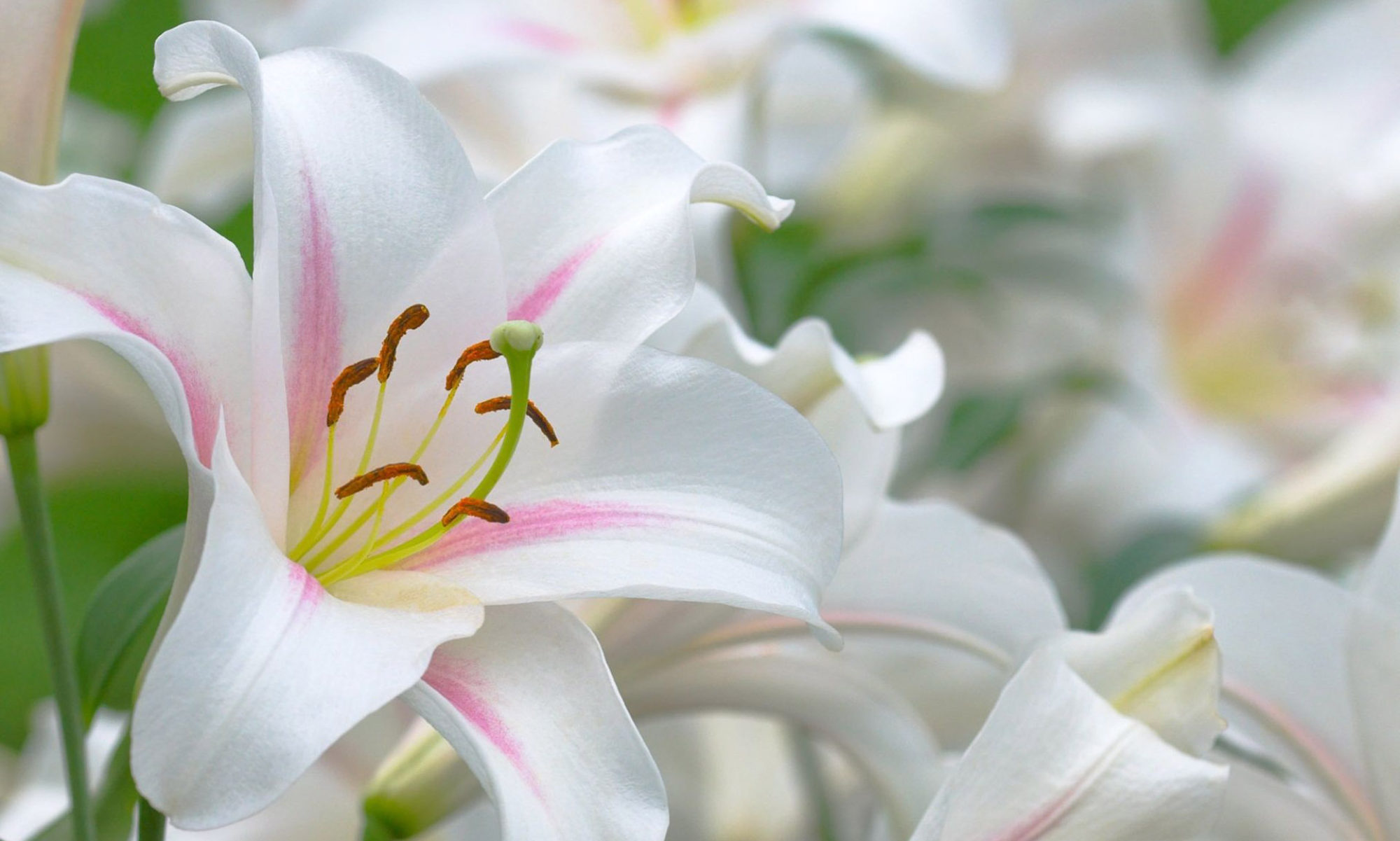Caring for a garden takes a lot of time, patience and work. Although we’re all brimming with enthusiasm in spring, the summer gardening chores of weeding and watering get old fast. When you have to squeeze in gardening between a job, housework and children, it can quickly become a burden. So what is the number one thing I recommend to make gardening less labor intensive and more enjoyable? It’s mulch!
Why mulch, you ask? Well, one application put down in the spring lasts all season. My personal preference is shredded bark mulch, although there are many different types to choose from. You can either buy bagged mulch or have a landscaper bring in a truckload, depending upon your budget and the size of your garden. If you’re young and energetic, you can easily spread it around yourself. If you’re older than dirt (like my husband and myself), you might opt to have someone spread it for you. Avoid the dyed stuff and go with the natural product which has a fresh pine scent. Not only will your whole yard smell terrific, a mulched garden looks elegant and gives your home more curb appeal.
Mulch keeps your garden soil moist, thus limiting the time you have to spend watering. You should still water any new plantings and during extended dry spells, but mulch holds the moisture much longer than bare soil so you’ll have to water less often. Even outdoor potted plants benefit from a moisture-retentive layer of mulch. So rather than holding a hose in the hot sun, you can hold a Margarita while you sit in the shade admiring your beautiful flowers and veggies!
Another benefit is that mulch suppresses weeds. You will always have some weeds because they’re very good at what they do and Mother Nature programs them to use any available space in your garden to take up residence. However, you’ll have a lot less weeds germinating in a three-inch layer of mulch and much less to pluck out later.
Lastly, a good organic mulch feeds your soil. Year after year, layer after layer, mulch breaks down into compost and any compost is good news for your garden. By keeping your soil healthy, your plants will be nourished the way nature intended. Mulch also acts as an insulator, keeping the soil cooler in the heat of summer and protecting your perennials from severe cold in the winter.
So, if you want to spend less time working in your garden and more time admiring it, make a yearly investment in mulch and enjoy that Margarita!

DISCLOSURE: From time to time I may use Affiliate Links such as the ones below. I use these only for companies I trust. When you click through on the link and make a purchase from the website, I may make a small commission (at no additional cost to you) which helps me to maintain my website.










